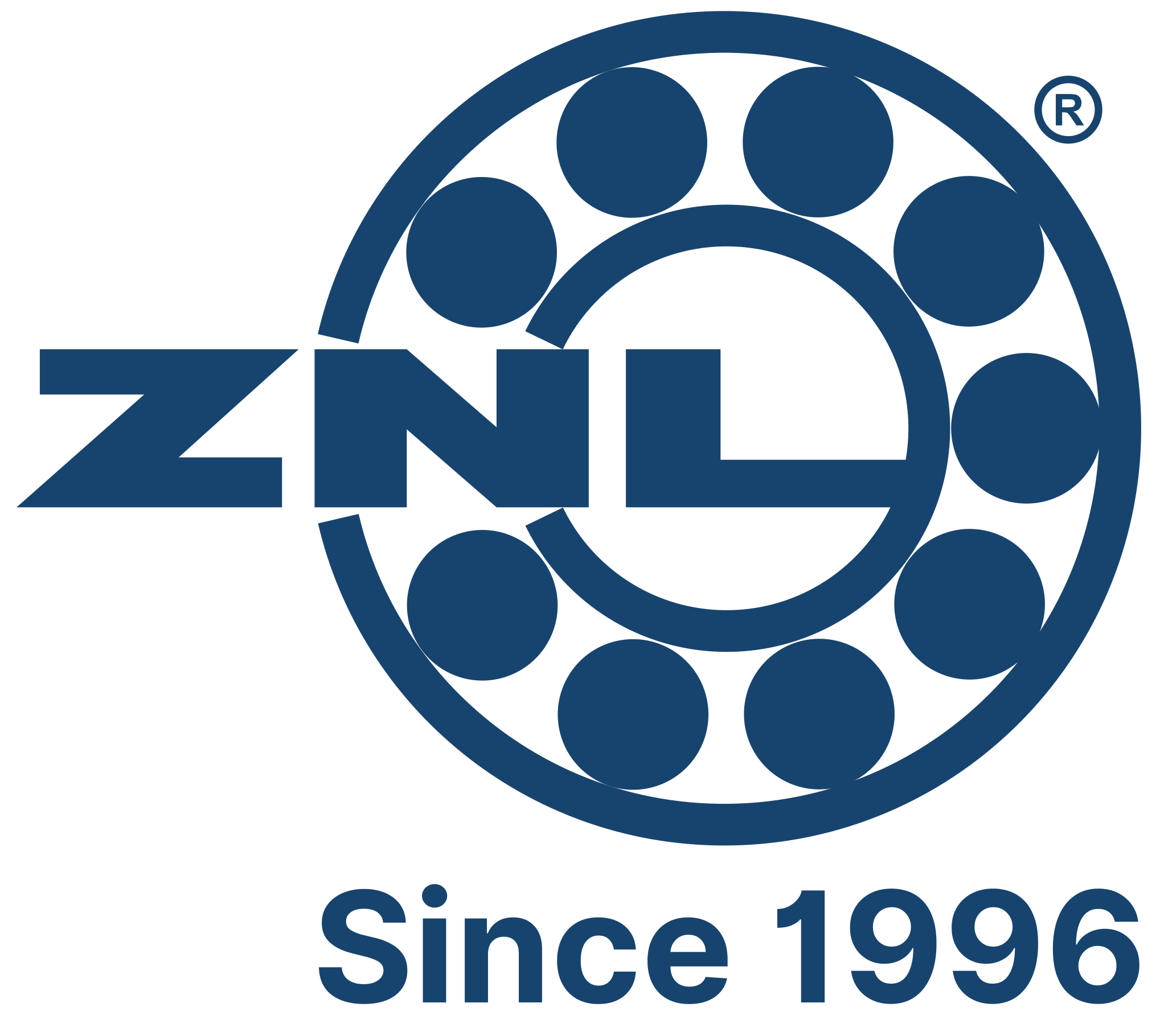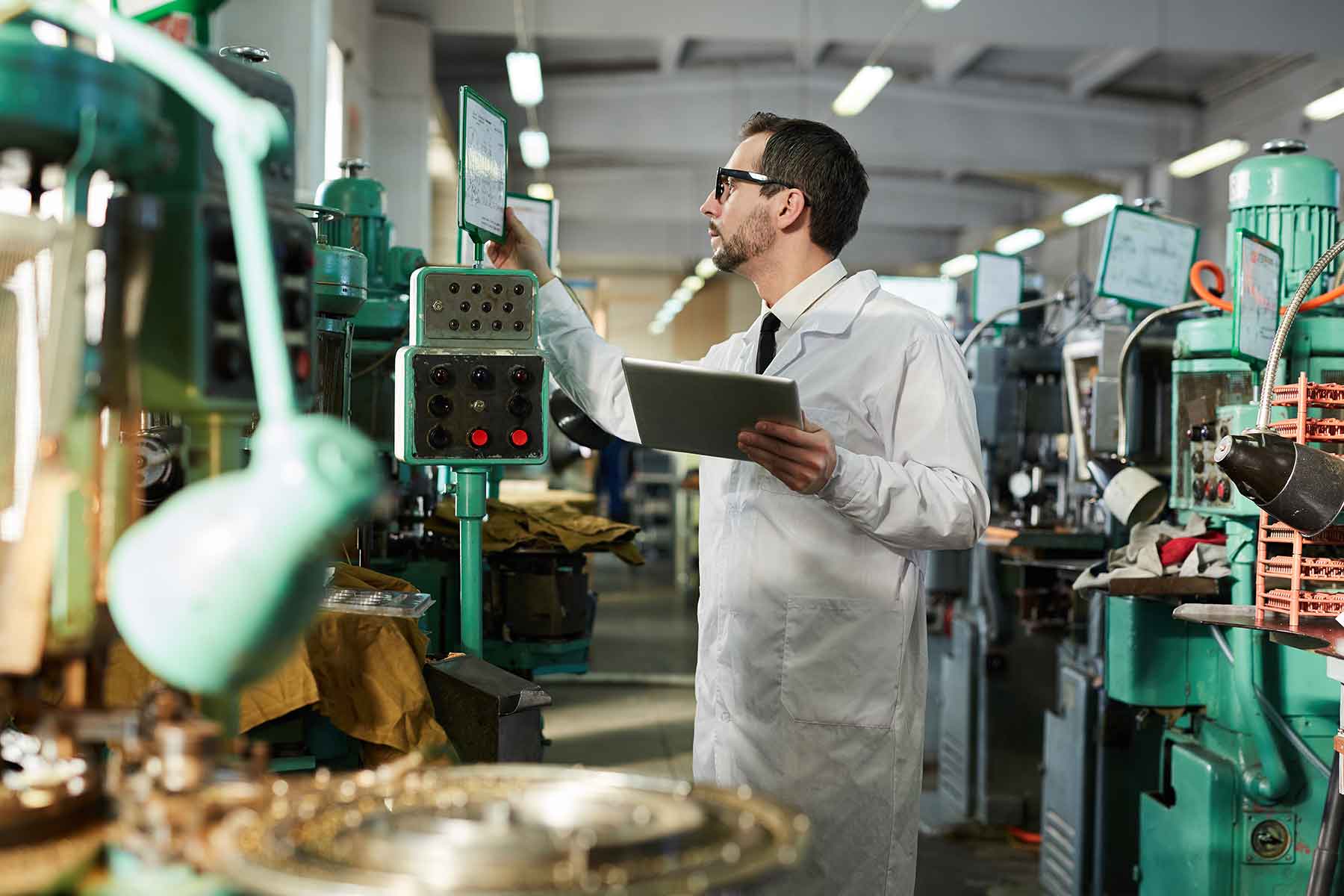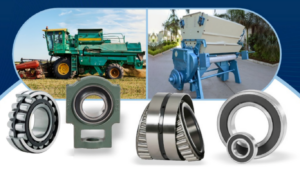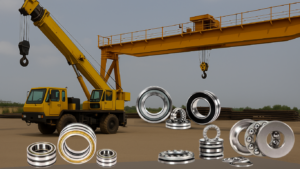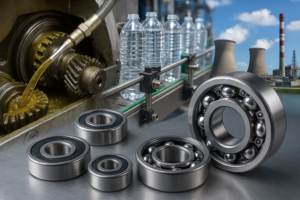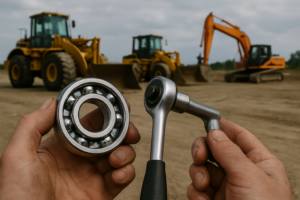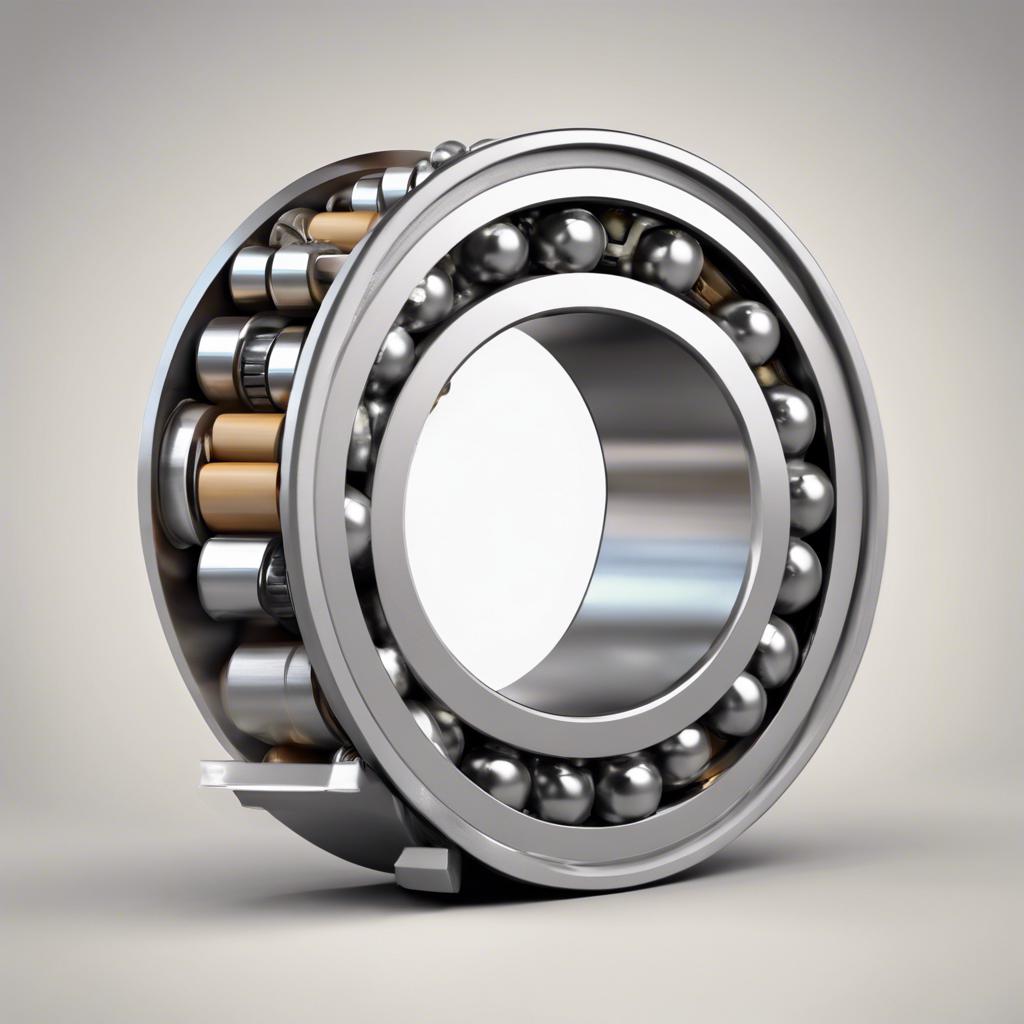In the world of engineering and manufacturing, bearings play a vital role in ensuring smooth and efficient operations. These small yet indispensable components have been around for centuries, continually evolving to meet the demands of various industries. Today, we will explore the fascinating world of bearings and how they have revolutionized industries worldwide. As a leading bearing manufacturing firm in Ahmedabad, ZNL Bearings has been at the forefront of this evolution, providing innovative solutions to meet the ever-growing needs of its customers.
The History of Bearings:
The concept of bearings dates back to ancient times, with the first known examples found in ancient Egypt and Mesopotamia. These early bearings were simple wooden or metal rollers used to reduce friction and facilitate the movement of heavy objects. Over time, advancements in metallurgy and engineering led to the development of more sophisticated bearing designs.

The Industrial Revolution and Bearing Innovation:
The Industrial Revolution of the 18th and 19th centuries brought about a significant increase in manufacturing and mechanization. This period marked a turning point in bearing technology, with the introduction of ball bearings. Invented by Philip Vaughan in 1794, ball bearings revolutionized various industries by reducing friction and improving efficiency.

The Modern Era: Advancements in Bearing Technology:
In the modern era, bearing technology has continued to advance at a rapid pace, enabling industries to push the boundaries of innovation. ZNL Bearings, with its state-of-the-art manufacturing facilities in Ahmedabad, has been at the forefront of these advancements, providing cutting-edge solutions to its customers.
One of the significant advancements in bearing technology is the development of ceramic bearings. Ceramic materials, such as silicon nitride or zirconia, offer superior strength, corrosion resistance, and temperature stability compared to traditional steel bearings. These properties make ceramic bearings ideal for demanding applications, such as high-speed machinery and harsh environments.

Another notable innovation is the rise of smart bearings, which incorporate sensors and data analytics capabilities. These intelligent bearings can monitor factors such as temperature, vibration, and lubrication levels, providing real-time data for predictive maintenance and optimizing performance. By detecting potential issues before they escalate, smart bearings help reduce downtime and improve overall productivity.
Furthermore, advancements in materials and manufacturing processes have led to the development of self-lubricating bearings. These bearings eliminate the need for external lubrication, reducing maintenance requirements and improving reliability. Self-lubricating bearings are particularly beneficial in applications where regular lubrication is challenging or impractical.
The Future of Bearings: Industry 4.0 and Beyond:
As we move into the era of Industry 4.0, bearings are poised to play an even more critical role in the interconnected and automated world of manufacturing. With the advent of technologies such as the Internet of Things (IoT), artificial intelligence (AI), and robotics, bearings will need to adapt to meet the evolving demands of smart factories.

One area of focus is the development of bearings capable of handling higher loads and speeds. As machines become more powerful and efficient, bearings must withstand increased stresses while maintaining reliability and longevity. ZNL Bearings, with its commitment to research and development, is actively working towards creating bearings that can meet these future demands.
Conclusion:
Bearings have come a long way since their humble beginnings, transforming industries and enabling technological advancements across the globe. The relentless pursuit of innovation by companies like ZNL Bearings has been instrumental in driving this evolution. As we look to the future, the continued advancement of bearing technology promises to revolutionize industries even further, paving the way for a more efficient and interconnected world.
